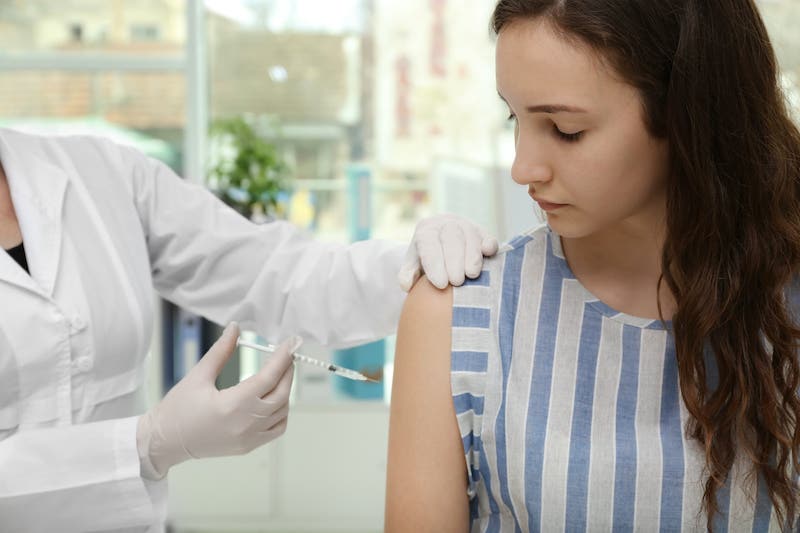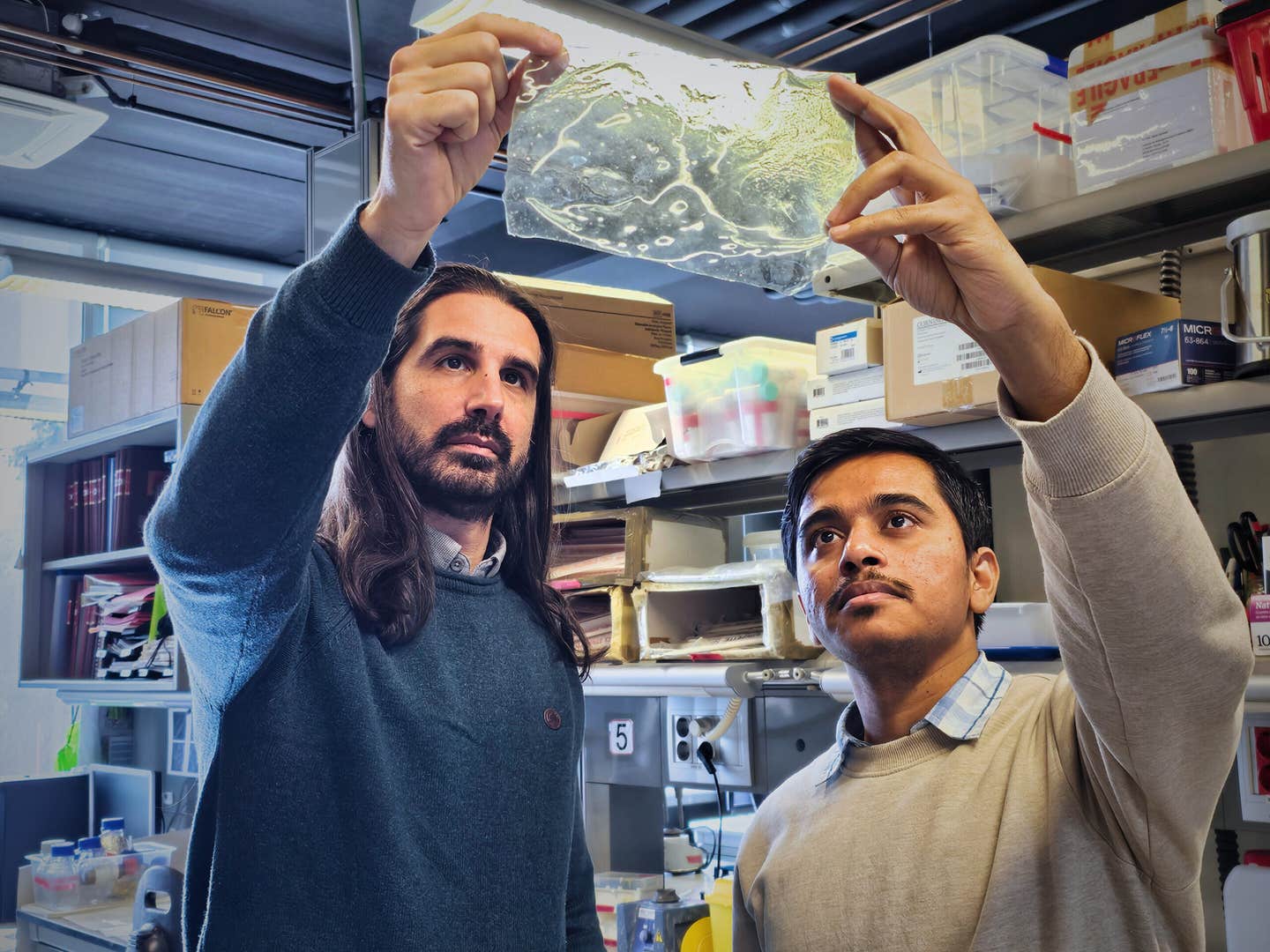Researchers find vaccine cuts cervical cancer by 87%
The human papillomavirus (HPV) vaccine reduces cervical cancer rates by 87% in women who were offered the jab between the ages of 12-13.

[Mar 22, 2022: Peter Sasieni, King's College London]
Researchers found that cervical cancer rates were reduced by 62% in women offered vaccination between the ages of 14-16 and by 34% in women aged 16-18 when they were given the jab. (CREDIT: Creative Commons)
The research paper, published in the Lancet and funded by Cancer Research UK, considered all cervical cancers diagnosed in England among women aged 20-64 between January 2006 and June 2019.
In England, the vaccine programme began in 2008 and at this time used the bivalent vaccine – Cervarix – which protects women against the two most common types of HPV.
Following this, since 2012 the quadrivalent vaccine Gardasil has been used instead.
The three cohorts which formed the vaccinated population in the study included women who were vaccinated with Cervarix between the ages of 12-13, 14-16 and 16-18 respectively.
The researchers recorded incidences of cervical cancer and non-invasive cervical carcinoma (CIN3) in the seven populations separately.
Related Stories:
They found that cervical cancer rates were reduced by 62% in women offered vaccination between the ages of 14-16 and by 34% in women aged 16-18 when they were given the jab.
“It’s been incredible to see the impact of HPV vaccination, and now we can prove it prevented hundreds of women from developing cancer in England. We’ve known for many years that HPV vaccination is very effective in preventing particular strains of the virus, but to see the real-life impact of the vaccine has been truly rewarding,” said professor Peter Sasieni, lead author from the School of Cancer and Pharmaceutical Sciences at King’s.
“Assuming most people continue to get the HPV vaccine and go for screening, cervical cancer will become a rare disease. This year we have already seen the power of vaccines in controlling the COVID-19 pandemic. These data show that vaccination works in preventing some cancers,” he added.
For more science and technology stories check out our New Discoveries section at The Brighter Side of News.
Note: Materials provided above by King's College London. Content may be edited for style and length.
Like these kind of feel good stories? Get the Brighter Side of News' newsletter.
Tags: #New_Discoveries, #HPV, #Virus, #Disease, #Science, #Women, #Research, #Medical_Good_News, #Cervical_Cancer, #The_Brighter_Side_of_News



